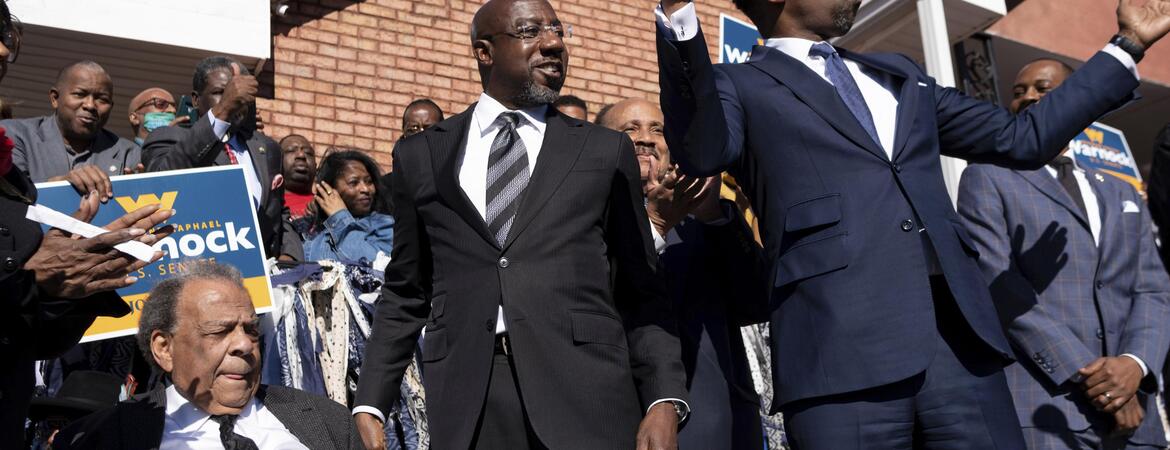Center for Social Innovation

Asian American voters prioritized a number of issues, ranking education, health care and economy/jobs as the top three categories influencing their votes. But when the results are broken down by candidate choice, those who supported Warnock ranked health care and education as their top two priorities, with the economy as the third. Those who voted for Walker ranked economy/jobs and education as top categories influencing their votes. Taxes ranked third place.
Karthick Ramakrishnan, the founder of the research and civic engagement organization AAPI Data, said that while there are important insights to be drawn from the poll, particularly because the Asian American Legal Defense and Education Fund is also involved in poll monitoring, there are a few limitations. Polling occurred in areas with higher densities of Asian American voters, which tend to skew Democratic. He also said there are likely to be differences between the demographic who voted on Election Day and those who voted early, depending on age, language access needs and party registration.
“At the same time, we should be careful to draw conclusions about the composition of the Asian American electorate or their voter preferences from surveys that are designed to ensure ballot access,” he said.
Ramakrishnan said that the uptick in support for Warnock since the midterms was significant and that communities will be better served, through more survey and interview data, if groups work to understand why — whether it’s because of the way the survey was conducted or because of changes in turnout and voter preferences.